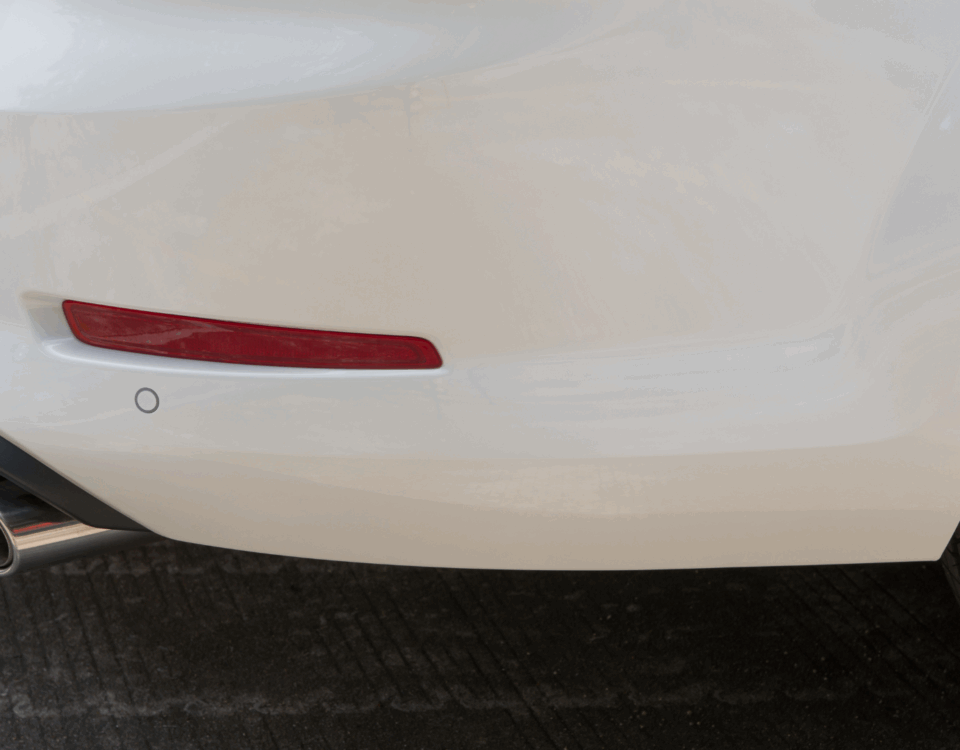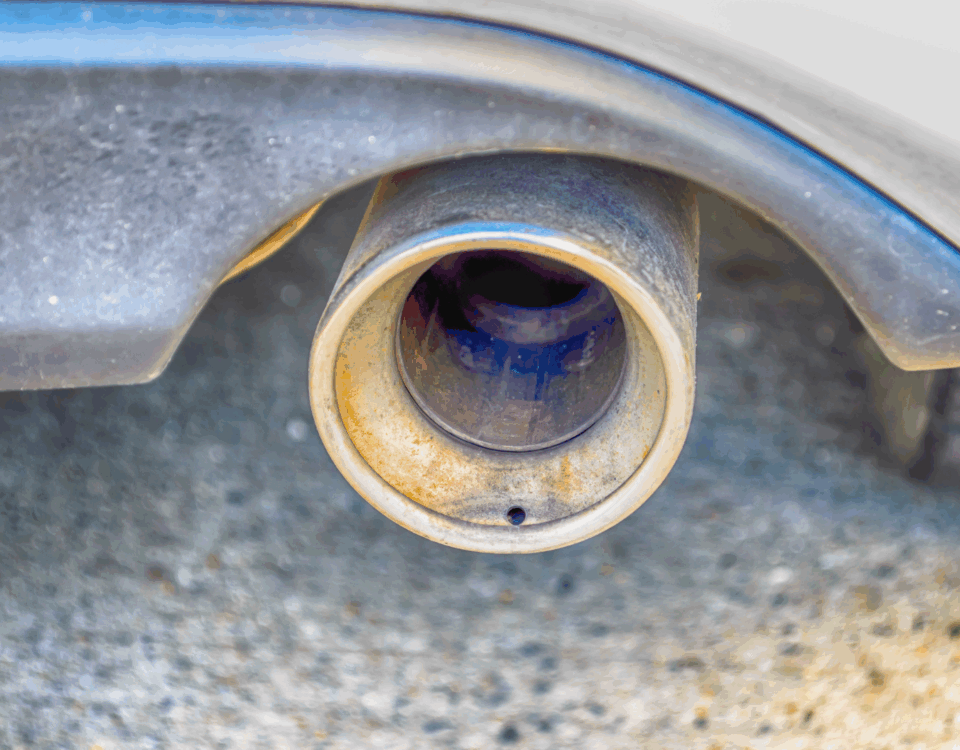Understanding How Smog Inspection Station Equipment Works
November 4, 2024Smog Test Requirements for Diesel Vehicles: What You Need to Know
November 5, 2024Preparing for a Smog Test for diesel vehicles involves a few important steps that ensure you’re set up for a successful result. Diesel engines are unique and require particular attention to details like exhaust, fuel, and filter systems. Proper preparation not only ensures you meet emission standards but also helps avoid additional repairs or re-tests.
Understand the Requirements of a Smog Test for Diesel Vehicles
Each state has different emissions standards and requirements for diesel vehicles, and it’s essential to know the regulations applicable to your vehicle before the Smog Test. Check with local authorities or testing centers to get a clear understanding of the guidelines for your specific model. Knowing this information helps you understand what inspectors will look for, from smoke opacity levels to exhaust gas recirculation systems.
Ensure Your Engine and Fuel Systems Are in Good Condition
A critical part of passing a Smog Test for diesel vehicles is making sure the engine and fuel systems are properly maintained. Start by changing your oil, as old or dirty oil can increase emissions. Next, check for any fuel system leaks or issues, as diesel fuel systems must be airtight. Additionally, verify that your fuel injectors are working correctly, as faulty injectors can lead to excess fuel consumption and higher emissions.
Check and Clean or Replace the Air and Fuel Filters
Filters play a vital role in reducing diesel emissions. Ensure both the air and fuel filters are clean or recently replaced before the Smog Test. Dirty or clogged filters can lead to poor air-fuel balance, increasing emissions and reducing fuel efficiency. A well-maintained filter allows the engine to run cleaner, improving your chances of passing the test. Replacing these filters is a relatively low-cost investment that can make a significant difference in emission levels.
Conduct a Pre-Test to Identify Potential Issues
Before heading to the official Smog Test center, it’s beneficial to conduct a pre-test. Many auto shops offer pre-inspection services that can highlight any possible issues that might prevent you from passing the test. By doing this, you can address specific repairs before your official test, saving time and money. Pre-tests can check components like the oxygen sensor, diesel particulate filter (DPF), and other critical emissions-related parts.
Warm Up Your Diesel Engine Before the Smog Test
Diesel engines emit fewer pollutants when they are fully warmed up, so it’s recommended to drive your vehicle for about 15–20 minutes before the Smog Test. This process helps reduce emissions by burning off excess carbon buildup, particularly beneficial for vehicles that typically make short trips or are often idle. A fully warmed-up engine ensures more efficient combustion, improving your likelihood of passing the test.
By following these steps, you can confidently prepare your diesel vehicle for a Smog Test and meet emissions standards effectively. Proper maintenance and preparation reduce your environmental impact and avoid costly re-tests, making the process smoother for everyone involved.
Read More:
Smog Test Requirements for Diesel Vehicles: What You Need to Know





